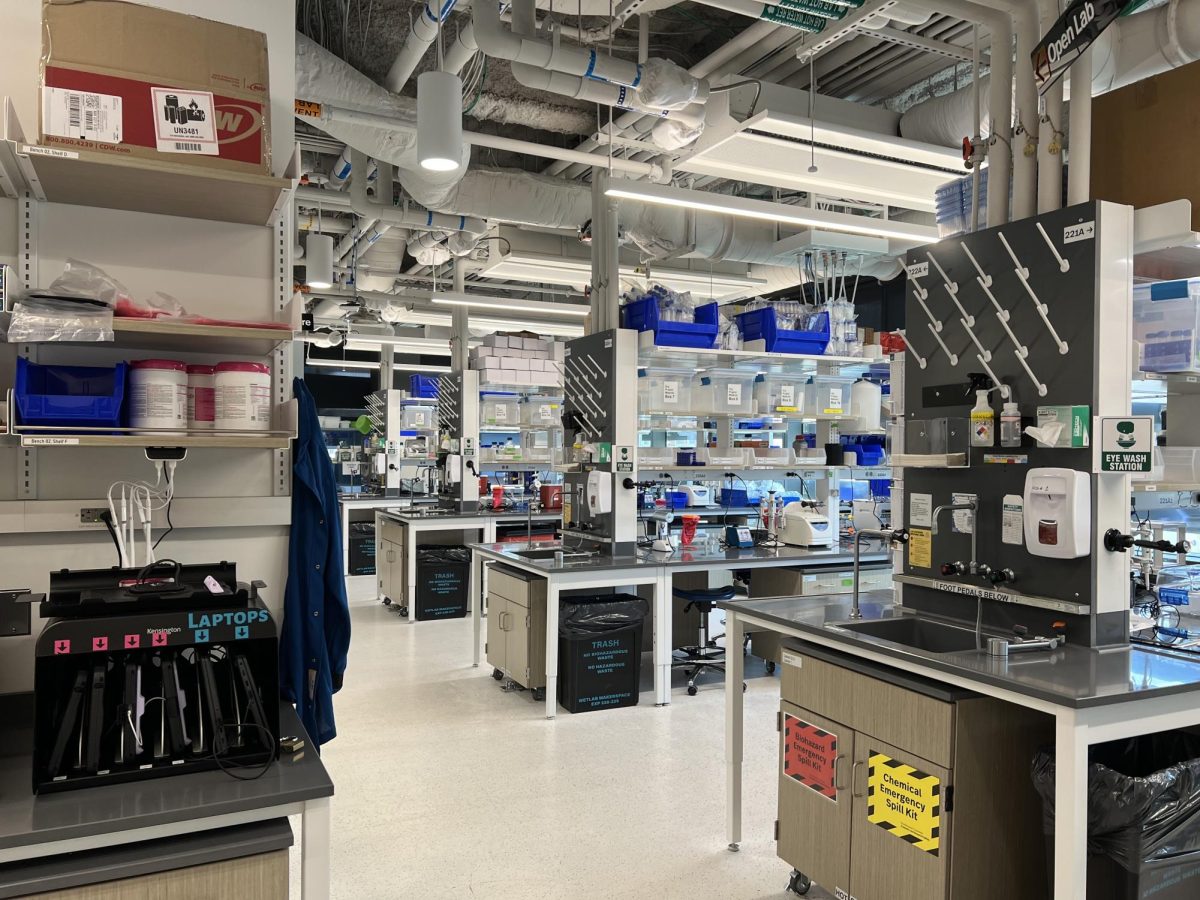By Michael Naughton
After Captain Kevin Maguire left the Northeastern University Police Department to take another job, a search began to fill the vacant position.
The extensive background of Boston Police Captain Albert Sweeney made him a top candidate and, on April 1, he will head a department that city councilors and student leaders said needs to change.
Sweeney will oversee members of the uniformed division and will also work with Ass-ociate Director of Public Safe-ty James Ferr-ier.
“Captain Sweeney is eminently qualified to join the NUPD, and become a keen member of the police,” Ferrier said.
Sweeney was reached for comment but declined to discuss any matters until a later date.
A 34-year veteran of the Boston Police, he will be leaving his current role as captain of the Hackney Unit, where one of his responsibilities was to watch over the passenger taxis in the city.
Not only does Sweeney have background in the BPD, but also at Northeastern, where he taught law enforcement classes part-time.
In the 1970s, the BPD started one of the first community policing programs. Community policing is an initiative started by police departments across the country in recent decades. It was previously known as campus policing, a policy involving the establishment of a good relationship between officers and community members, Ferrier said.
The incoming captain was one of the first officers assigned to a community policing role, including the district that included the neighborhood around the Northeastern campus.
Sweeney will not be the only captain who has focused on community policing. In 1999, former Captain Maguire was hired to create and implement a community policing policy for Northeastern.
For the first three community meetings held after the Super Bowl riots, City Councilor Michael Ross has said he would like to see the NUPD become more involved in the community and improve their community policing policies.
Some students agree with Ross and said they feel they have no relationship with any NUPD officer.
“I don’t know any of the officers’ names and I don’t see them walking around in my dorm, but I do see their cars parked outside sometimes,” said Susan Morales, a sophomore psychology major.
Along with Ross and some students, student leaders said they agree community policing only occurs during certain instances.
“While community policing may be deployed in fragmented instances, its presence is not as felt or seen by students and community members,” said Student Government Association President Michael Romano. “Community policing is not sitting in a booth in a residence hall, it’s building relationships and knowing the names of the students you work with.”








